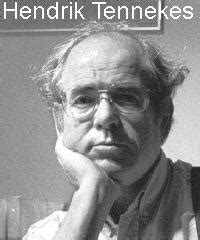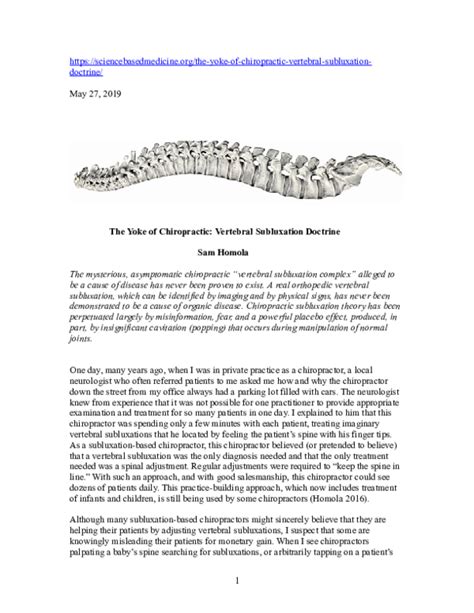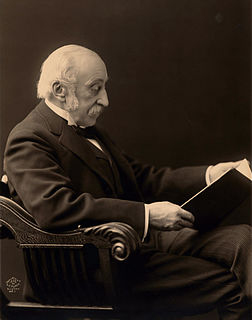A Quote by Carl Jung
Modern man may assert that he can dispense with them, and he may bolster his opinion by insisting that there is no scientific evidence of their truth. But since we are dealing with invisible and unknowable things (for God is beyond human understanding, and there is no mean of proving immortality), why should we bother with evidence?
Related Quotes
In truth, opinion may be taken for understanding; understanding cannot be taken for opinion. How so? Surely because opinion may be deceived; understanding cannot be. If it could, it would not be understanding but opinion. For true understanding has not only certain truth, but the knowledge of truth.
Chauvet Cave is rather like the awakening of the modern human soul or I would say the awakening of modern human culture. Because Neanderthal men who still rode the landscape parallel to the people who did these paintings didn't have culture. There's no evidence of culture, no symbolic depiction, no evidence of music, no evidence of sculptures, no evidence of religious beliefs.
The so-called scientific basis of the climate problem is within my professional competence as a meteorologist. It is my professional opinion that there is no evidence at all for catastrophic global warming. It is likely that global temperatures will rise a little, much as IPCC predicts, but there is a growing body of evidence that the errant behavior of the Sun may cause some cooling in the foreseeable future.
Until recent times, absence of evidence for his [Jehovah's] existence has not been sufficient to rule him out. However, we now have enough knowledge that we can identify many places where there should be evidence, but there is not. The absence of that evidence allows us to rule out the existence of this God beyond a reasonable doubt.
I wish there was a serious investigation into flying saucers that wasn't conducted by crackpots. Unfortunately nearly all of the people who are interested in them kind of manufacture the evidence to fit the theories rather than the other way around. So it's very hard to find any dispassionate treatment of them. Maybe there isn't any scientific basis in which case that's why you never see any scientific evidence.
We may define "faith" as the firm belief in something for which there is no evidence. Where there is evidence, no one speaks of "faith." We do not speak of faith that two and two are four or that the earth is round. We only speak of faith when we wish to substitute emotion for evidence. The substitution of emotion for evidence is apt to lead to strife, since different groups, substitute different emotions.
Neither logic nor scientific evidence supports such a belief. Although spinal manipulation can relieve certain types of back pain, neck pain, and other musculoskeletal symptoms, there is no scientific evidence that it can restore or maintain health. As a result of expressing my opinion on this subject, I have been called a chiropractic heretic.
There exists a black kingdom which the eyes of man avoid because its landscape fails signally to flatter them. This darkness, which he imagines he can dispense with in describing the light, is error with its unknown characteristics. Error is certainty's constant companion. Error is the corollary of evidence. And anything said about truth may equally well be said about error: the delusion will be no greater.
The problem of reconciling human suffering with the existence of a God who loves, is only insoluble so long as we attach a trivial meaning to the word "love", and look on things as if man were the centre of them. Man is not the centre. God does not exist for the sake of man. Man does not exist for his own sake. "Thou hast created all things, and for thy pleasure they are and were created." We were made not primarily that we may love God (though we were made for that too) but that God may love us, that we may become objects in which the divine love may rest "well pleased".
Even if the absence of evidence for a given god were not evidence of its absence, it would still be evidence that the belief in that god is unreasonable. That's the only proposition that any atheist of any kind has to demonstrate in order to win the argument. Because anything beyond that... is just having fun.





































